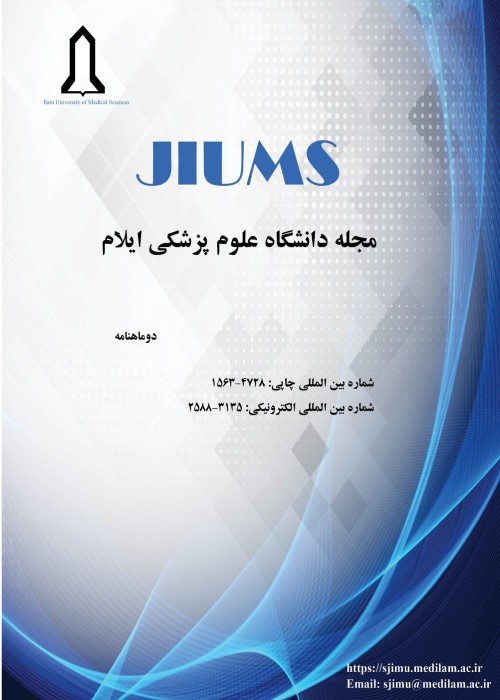Identification of the Key Success Factors of Knowledge Management Maturity in Health and Medical Organizations
It is essential to identify the key success factors for assessing and understanding the current situation and establish knowledge management and achieve organizational goals. Therefore, this study aimed to identify the key success factors of Knowledge Management Maturity in Health and Medical Organizations.
This applied study was conducted based on a mixed qualitative-quantitative method. Snowball sampling was used at the qualitative phase. Moreover, the data were collected using a semi-structured questionnaire and interview with 12 knowledge management experts in health organizations in Tehran, Iran. The interview contents were analyzed by qualitative content analysis method. Furthermore, the reliability of the interviews was evaluated using reviewing articles after implementation by experts and the agreement method between the two coders (intra-subject agreement). To analyze the data, close questionnaire was prepared and distributed among 34 experts who were selected by purposive sampling method. They were then requested to prioritize the choices according to the Likert scale. Exploratory factor analysis was used to analyze the data.
The result demonstrated that 15 variables were the effective factors of Knowledge Management Maturity in Health and Medical Organizations. Based on the factor analysis results, the factors influencing the Knowledge Management Maturity included leadership, people, culture, organization, and evaluation. The leadership obtained the maximum rate of load factors among others (0.889).
Regarding the Knowledge Management Maturity, social dimension, or soft factors in health organizations were more important, compared to technical dimension or hard factors. The role of leadership and human resources was more significant since they deal with the health of the community. Furthermore, their replacement is impossible in the short term. Therefore, it is necessary to adopt a proper procedure for transferring and utilizing the knowledge of individuals in health care organizations.
- حق عضویت دریافتی صرف حمایت از نشریات عضو و نگهداری، تکمیل و توسعه مگیران میشود.
- پرداخت حق اشتراک و دانلود مقالات اجازه بازنشر آن در سایر رسانههای چاپی و دیجیتال را به کاربر نمیدهد.


